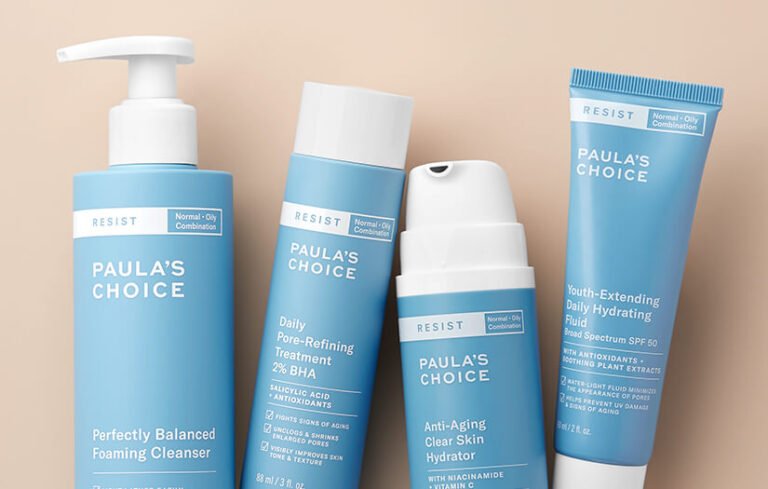Aging is a natural process, and while it brings wisdom and experience, it also introduces changes to your skin. Thinner, drier, and less elastic skin is common as we grow older. Dermatology helps us understand how these changes are influenced by both intrinsic factors, such as genetics, and extrinsic factors like sun exposure and lifestyle choices. Developing a trusted skincare routine can provide support for your skin while promoting a healthier appearance over time.
Understanding Aging Skin and How to Support It
As we age, the production of collagen and elastin—the proteins that keep skin firm and plump—slows significantly. This leads to sagging, lines, and wrinkles. The skin can also lose its natural moisture barrier, causing dryness and sensitivity. While these changes are inevitable, there are proactive dermatology-backed measures that adults can take to support their skin.
Focus on hydrating and nourishing your skin. Using gentle, skin-compatible products can help maintain the integrity of your skin barrier. Ingredients such as ceramides, glycerin, and hyaluronic acid are valuable for retaining hydration. Additionally, protecting your skin from UV damage with broad-spectrum sunscreen is a foundational step in preventing further damage.
Key Skincare Routines for Healthy Aging
- Cleansing
Start with a gentle, hydrating cleanser to remove any dirt, oil, and impurities from the skin. Cleansing twice daily—morning and evening—prepares your skin for subsequent products without stripping it of essential oils. - Moisturizing
Incorporating a rich moisturizer helps lock in hydration and supports the skin’s protective barrier. Look for products containing hyaluronic acid or ceramides for long-lasting hydration. - Sun Protection
Daily sunscreen application is a must in any skincare regimen. Select a broad-spectrum SPF 30 or higher to shield your skin from harmful UVA and UVB rays that accelerate aging. Reapply throughout the day, especially if you’re spending extended time outdoors. - Exfoliation
Regular (but not excessive) exfoliation helps remove dead skin cells and reveals a brighter complexion. Stick to gentle exfoliants, like those with lactic acid or polyhydroxy acids, which are less likely to irritate aging skin than harsher alternatives. - Antioxidants
Products containing antioxidants, such as vitamin C or green tea, can help fight free radical damage and brighten your skin. These ingredients are particularly effective when applied in the morning before sunscreen. - Targeted Treatments
Use targeted treatments like retinoids or peptides to address specific concerns like fine lines, wrinkles, or uneven skin texture. Retinoids, derived from vitamin A, are considered one of the most effective non-invasive skincare ingredients for promoting cell turnover.
How Dermatology Supports Aging Skin
While over-the-counter products can do wonders, dermatologists offer treatments that can take your skincare routine to the next level. Dermatology interventions might include chemical peels, microneedling, or laser treatments—each designed to address specific skin challenges tied to aging. These options are valuable for those looking for visible improvements beyond what topical products can achieve. A dermatology expert can also assess your skin’s unique needs and recommend medical-grade skincare products or personalized treatment plans tailored to your goals.
When to Seek a Dermatologist
If you’re unsure where to start with your skincare routine or have particular concerns such as sun damage, uneven pigmentation, or persistent dryness, consulting a dermatologist is beneficial. They can provide professional insights into your skin’s condition and help identify the best course of action. Regular dermatologist visits are also helpful for screening your skin for early signs of conditions like skin cancer, creating better overall skin health.
Next Steps to Skin Support
Supporting your skin as it ages doesn’t have to be overly complicated. A thoughtful routine that includes proper cleansing, hydration, sun protection, and targeted treatments can make a lasting impact. For an even deeper level of support, visiting a trusted dermatologist can offer expertise and solutions that align with your goals. By incorporating these practices into your daily life, you can promote healthier, more resilient skin that ages gracefully. Start small, stay consistent, and make choices that reflect your dedication to long-term skin health.

